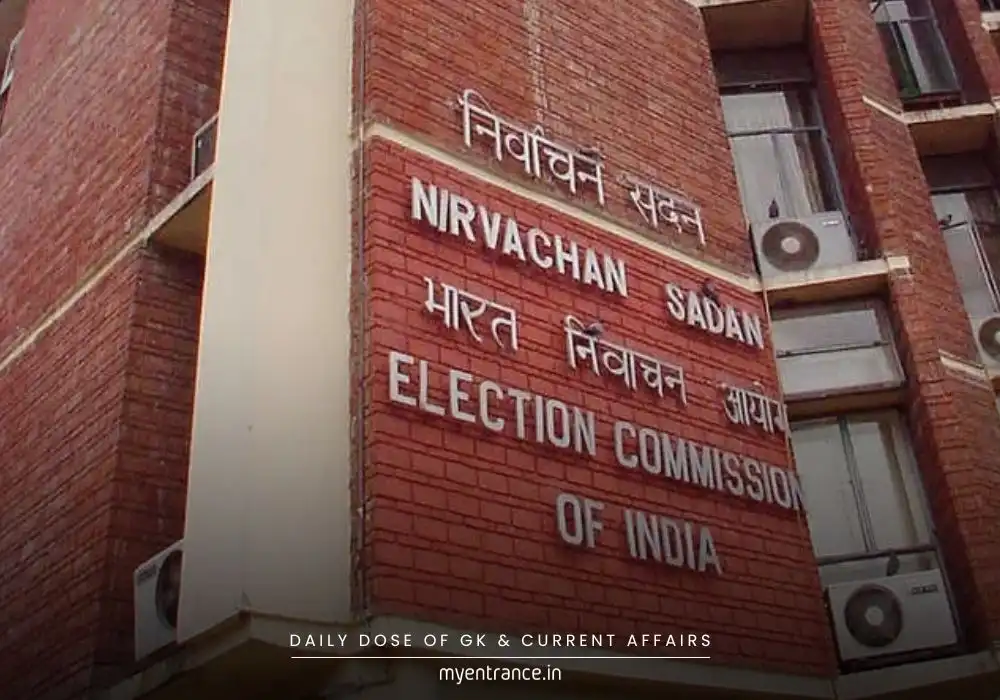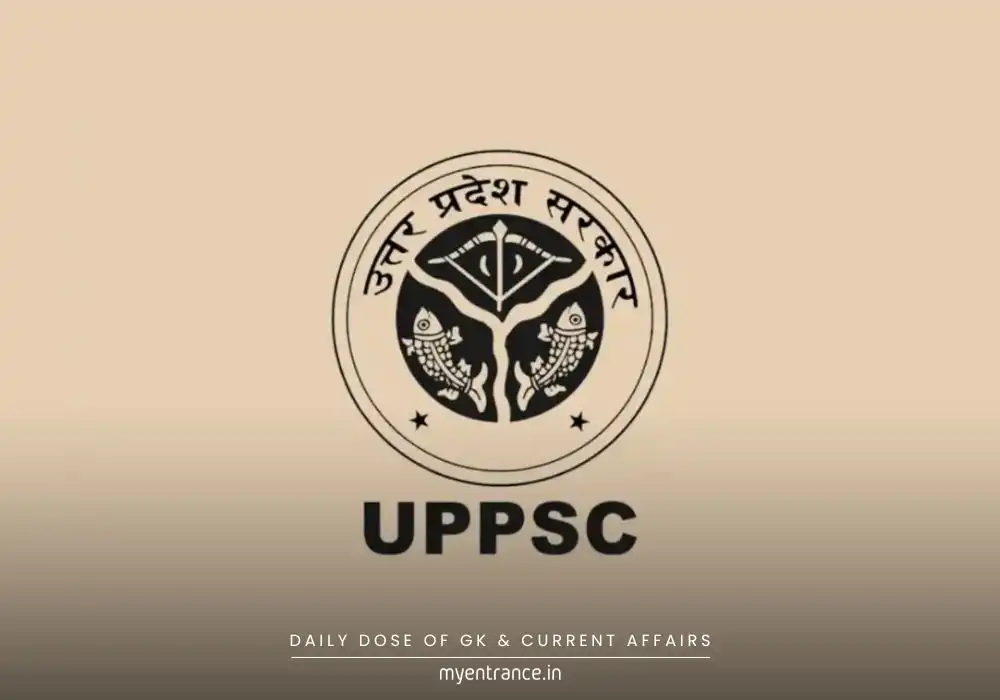Translate Language
Why Did the Election Commission Reject Aadhaar for Voter Roll Revisions?
In a significant move, the Election Commission of India (ECI) declined to include Aadhaar, voter IDs, or ration cards as valid documents for its Special Intensive Revision (SIR) of Bihar’s electoral rolls. This decision, rooted in constitutional safeguards, aims to verify citizenship before granting voting rights. Here’s what it means for democracy and your exams.

The Core Issue
Amid concerns about duplicate voters and citizenship verification, the ECI launched a door-to-door SIR drive in Bihar. The Supreme Court suggested accepting Aadhaar, voter IDs, and ration cards as proof to simplify the process. However, the Commission firmly rejected this, citing three critical reasons:
Aadhaar Isn’t Citizenship Proof: Multiple High Courts have ruled Aadhaar doesn’t confirm Indian citizenship.
Ration Cards Are Often Misused: Over 5 crore fake ration cards were recently weeded out nationally, making them unreliable.
Voter IDs Could Perpetuate Errors: Using existing voter IDs for revision defeats the purpose of a “fresh” roll cleanup.
Constitutional Authority vs. Citizenship
The ECI emphasized its mandate under Articles 324 and 326 of the Constitution to ensure only eligible citizens vote. Crucially, it clarified:
“Exclusion from electoral rolls doesn’t revoke citizenship—it only restricts voting rights.”
This distinction shields residents from arbitrary citizenship loss while letting the ECI enforce voter eligibility.
Document Requirements Explained
For the SIR, the ECI mandates:
Pre-1987 births: Proof of birth date/place.
1987–2004 births: Documents for the applicant + one parent.
Post-2004 births: Documents for the applicant + both parents.
These rules stem from the Citizenship Act, 1955, which links parental citizenship to eligibility for younger voters.
Why This Revision Is Different
Unlike past exercises, this SIR:
Places the burden of proof on existing voters (not just new applicants).
Ignores the “sanctity” of current rolls to aggressively purge duplicates—a first in ECI history.
Sample Q&As for Competitive Exams
Q1. Under which constitutional articles does the Election Commission derive its power to revise electoral rolls?
Ans: Articles 324 (superintendence of elections) and 326 (eligibility of electors).
Q2. Why did the ECI exclude Aadhaar from Bihar’s electoral roll revision?
Ans: Aadhaar doesn’t confirm citizenship, as upheld by multiple High Courts.
Q3. How does the Citizenship Act, 1955, influence the ECI’s document requirements?
Ans: Section 3 of the Act ties parental citizenship to voter eligibility for those born after 1987, justifying the ECI’s parent-document rules.
Q4. What happens if a person is excluded from electoral rolls during SIR?
Ans: Their voting rights are suspended, but their citizenship remains intact.
Q5. How is the 2025 Bihar SIR different from earlier revisions?
Ans: It requires existing voters to re-prove eligibility and disregards past rolls to eliminate duplicates.
Get 3 Months Free Access for SSC, PSC, NIFT & NID
Boost your exam prep!
Use offer code WELCOME28 to get 3 months free subscription. Start preparing today!















